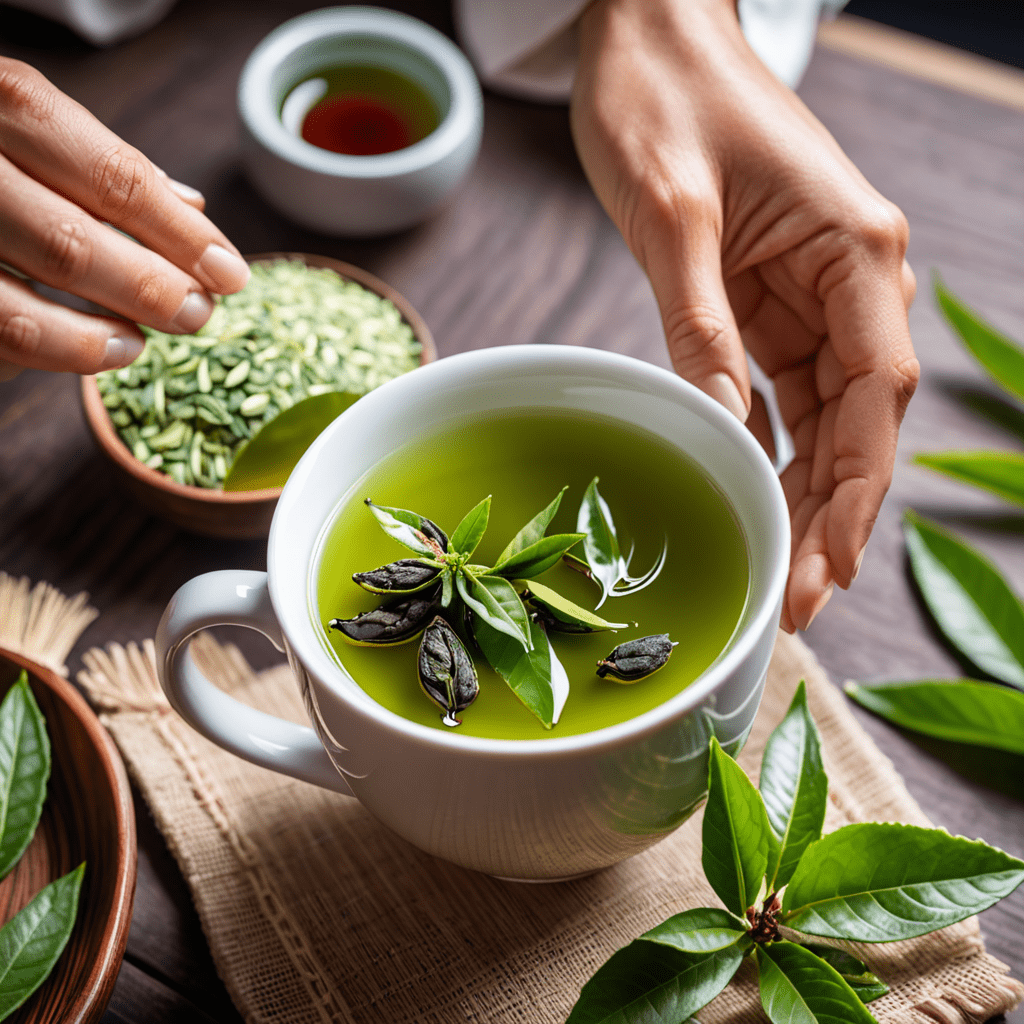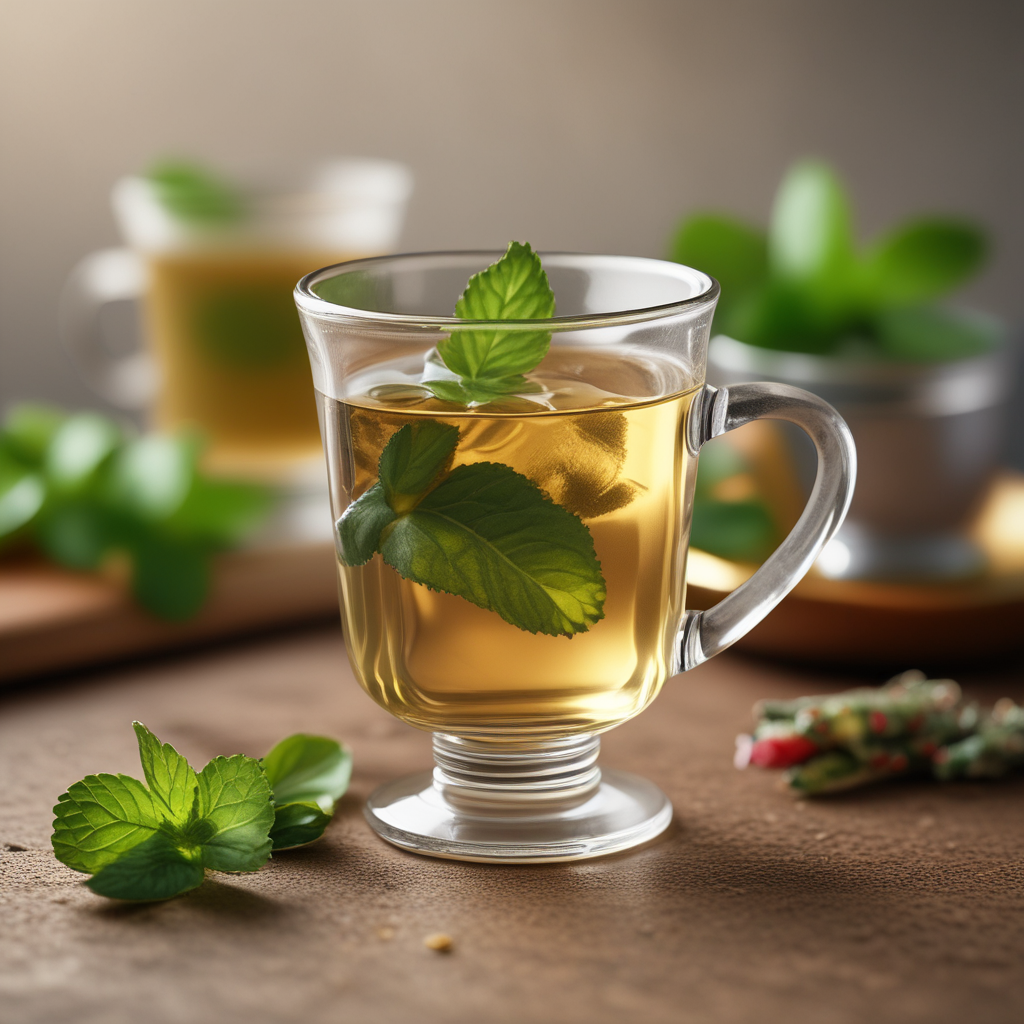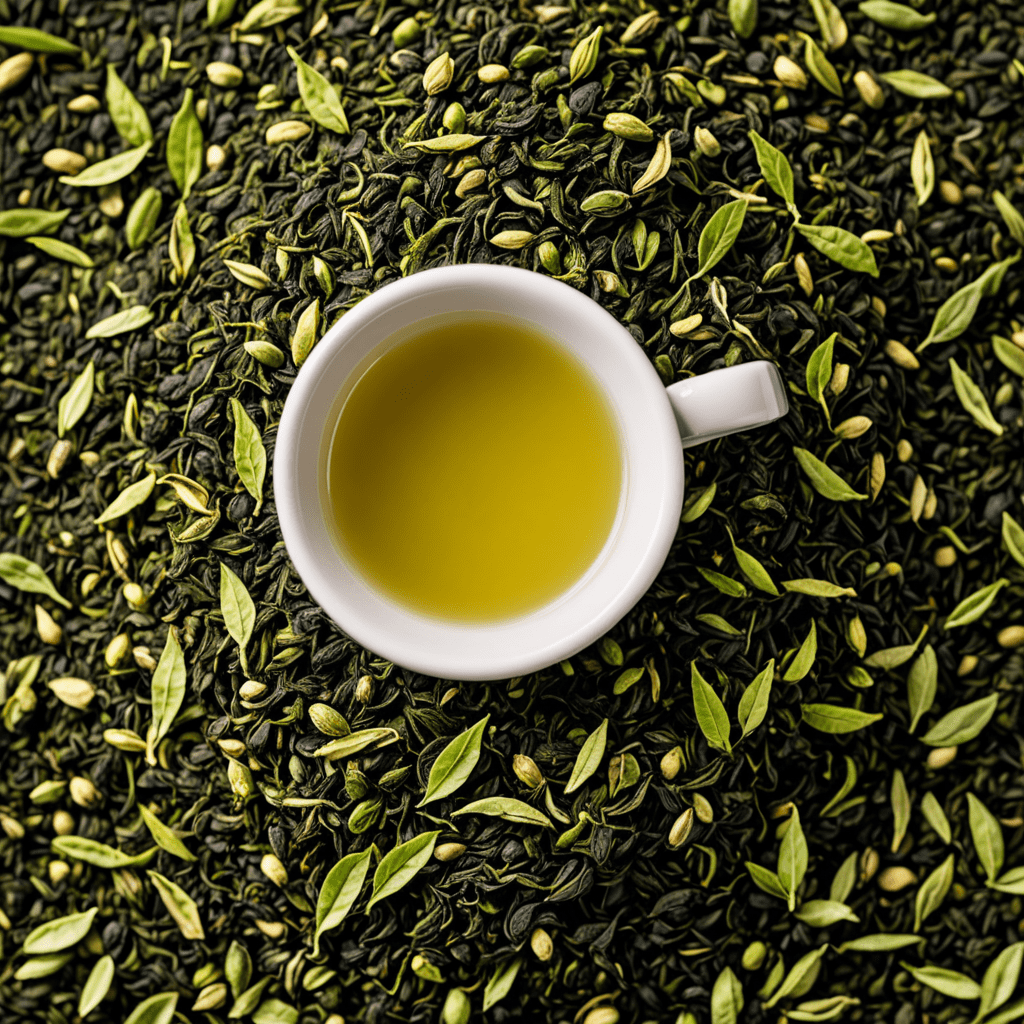Assam Tea: The Essence of Purity
A Brief History of Assam Tea
Assam tea, renowned for its robust flavor and malty notes, traces its origins back to the British era in India. In the 1820s, Robert Bruce, a Scottish adventurer, discovered wild tea plants growing in the Brahmaputra Valley of Assam. Recognizing their potential, the British established tea plantations in the region, marking the genesis of Assam's flourishing tea industry.
The Unique Terroir of Assam
The Brahmaputra Valley in Assam is a tea paradise, blessed with a unique terroir that imparts exceptional qualities to its tea. The alluvial soil, a legacy of the Brahmaputra River, provides an ideal foundation for tea bushes to thrive. The region's abundant rainfall and humid subtropical climate ensure a consistent supply of moisture, while the long hours of sunshine contribute to the tea's characteristic golden-red hue.
The Assam Tea Plant: A Sturdiness Unmatched
Assam tea plants (Camellia sinensis var. assamica) are genetically distinct from those grown in other regions. These robust plants are native to the wild forests of Assam and thrive in the demanding conditions of the region. Their thick leaves and dense growth habit make them resistant to pests and diseases, ensuring a consistent and plentiful harvest.
The Art of Tea Cultivation in Assam
Cultivating Assam tea is an art form, handed down through generations of skilled tea planters. The tea bushes are carefully nurtured, pruned, and protected from pests and diseases. Each bush receives individual attention, resulting in the highest quality tea leaves. The harvesting process is equally meticulous, with only the tender, young leaves being plucked to ensure the tea's delicate flavor and aroma.
The Process of Crafting Assam Tea
Once the tea leaves are harvested, they undergo a meticulous process to transform into the exquisite Assam tea we enjoy. The leaves are withered, rolled, and oxidized, allowing their flavor and aroma to develop. The oxidation process, unique to black tea, is carefully controlled to achieve the tea's characteristic malty notes. Finally, the leaves are dried and graded to ensure the highest quality is preserved.
The Flavors and Characteristics of Assam Tea
Assam tea is celebrated for its full-bodied, malty flavor and rich amber hue. Its bold taste is balanced by a subtle astringency, creating a harmonious cup. The tea's briskness lingers on the palate, leaving a satisfying finish. Assam tea is often described as having earthy, nutty, and slightly caramel-like notes, reflecting the unique terroir of the region.
Health Benefits of Assam Tea
Beyond its delightful taste, Assam tea offers a range of health benefits. It is a rich source of antioxidants, which help protect the body from damage caused by free radicals. Assam tea has been linked to improved heart health by lowering cholesterol levels and reducing inflammation. Additionally, it is believed to aid digestion and boost the immune system.
The Cultural Significance of Assam Tea
Assam tea holds a deep cultural significance in the region. It is an integral part of Assamese hospitality, often served with milk and sugar as a refreshing beverage. The tea industry also plays a vital role in the economy and social fabric of Assam, providing employment and supporting local communities.
The Sustainability of Assam Tea
Assam tea is cultivated with a focus on sustainability. The tea plantations employ organic farming practices and water conservation techniques to minimize their environmental impact. The tea industry also actively supports local communities through education and healthcare initiatives, ensuring a mutually beneficial relationship.
Assam Tea: A Reflection of India's Rich Tea Heritage
Assam tea stands as a testament to India's rich tea heritage. Its distinct flavor and health benefits have made it a beloved beverage worldwide. The sustainable practices employed in its cultivation ensure that generations to come can enjoy the essence of purity that is Assam tea.
FAQ
Q: What makes Assam tea different from other teas?
A: Assam tea is distinguished by its robust flavor, malty notes, and full-bodied character. It is grown in the unique terroir of the Brahmaputra Valley, giving it a distinct earthy and nutty taste.
Q: What is the ideal way to brew Assam tea?
A: For the perfect cup of Assam tea, use fresh water and bring it to a boil. Add 1 teaspoon of tea leaves per cup and steep for 3-5 minutes. Adjust the steeping time to your desired strength.
Q: Can I add milk to Assam tea?
A: Yes, adding milk to Assam tea is a popular way to enjoy its rich flavor. Milk balances the tea's astringency and adds a creamy texture.


